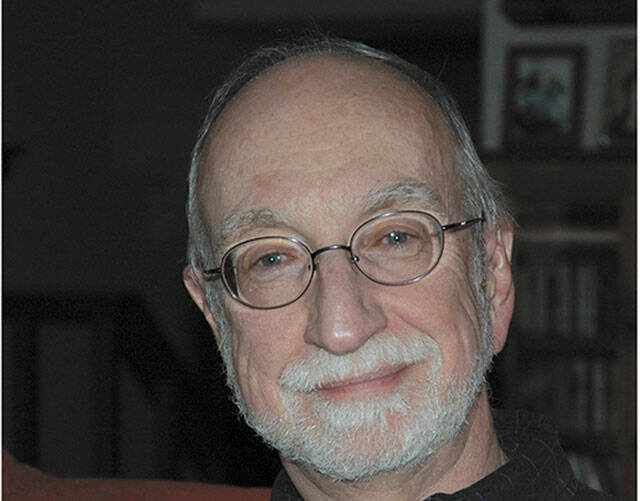Our nation is standing on the edge of a cliff.
Along with the rest of the world, we are faced with multiple crises requiring our immediate attention, several of which threaten the very existence of humanity. At the same time, our elected “leaders” are failing us, as are half of our citizens. It is ironic that as individuals we recognize that the divisions in our society are bad for the union but we persist in following politicians who promote these divisions.
Given that the majority of voters want to see forward movement and given that the lives of our children and grandchildren depend upon it, it’s past time for a different approach. The good news is that the solution has been at the end of our noses the whole time: stop the arguing, start the talking, and get back to the basics.
As individuals, we must remember that we live in a democracy, albeit an imperfect one, and that we voters have the right and the responsibility to demand change when it’s needed, provided it benefits the common good. We also have the responsibility of educating ourselves because a democracy cannot exist without an enlightened electorate. Education in this sense includes a serious commitment to listening to others and respecting them.
We cannot move forward by vilifying people or acting as if they don’t exist. We are all in this together, like it or not.
So, here are three steps we can take to start the healing. The initial two are easy, although you may not think so on first reading.
Number one: Brush off your party labels, existing party platforms, and the whole idea that there are liberals and conservatives. Abandon your tribal mentality and think big picture. If we are going to start again, we’ll need a clean slate. If you must classify people, do it this way: dead, alive, and yet to be born.
Second, think about standards. Many of us have personal standards that we learned from our parents or from our religious upbringing. Some also have professional standards for their chosen field, and then there are universal standards including such things as the Ten Commandments, the 12 points of the Scout Law and the Constitution of the United States.
My point is that we hold ourselves to certain standards and that when we fail these standards there are consequences. Sadly, we are not now holding elected and appointed officials to these standards. We cannot continue to overlook criminal, antisocial, or unethical behaviors. Those who lie or spread misinformation should be immediately disqualified from all offices.
The last step I propose is really the first of many subsequent actions. It is probably the hardest part of all, but it’s also the most important because but it provides a basis for everything that comes after. That step is simply to start talking, with family and friends however you can in these pandemic times. Talk to others in your book club, your church group, and your town council. Small discussions can feed into bigger ones that enable consensus first locally and then globally.
“What are we supposed to talk about?” you might ask.
Because the purpose of this exercise is to bring people together to jointly move us into the 21st century, it’s best to start at the bottom and build a structure as you go. I suggest that you talk to each other about the world you want to leave to your children and grandchildren. Describe it. List important characteristics. Do you want clean water? A healthy and safe environment? Good schools? A functioning democracy that is inclusive and equitable? Do you value polar bears and monarch butterflies? Is money today more important than our children’s welfare tomorrow?
My guess is that most people will make similar lists. We will rediscover the common ground that is critical to moving forward, and the deficits in our current system will be more apparent.
Can you picture a politician asking us to get together and talk in a civil manner, by calling for non-partisan community meetings across the nation? I can’t either, but I hope that someone will eventually think of that. They could call for it during a series of weekly addresses, fireside chats, which is what I would do if I was in a high office.
What will also be apparent when we start talking is that politics does not correlate with good government. In fact, politics has no place there, and it is good government that we all need and should want. Government is not a business; it’s a nonprofit, but it still needs good managers, and we don’t elect good managers. We elect showy politicians who promise a lot and deliver very little. It’s time to hold them, and ourselves, to a higher standard.
On Jan. 5, Jimmy Carter wrote in the New York Times, “Our great nation now teeters on the brink of a widening abyss. Without immediate action, we are at genuine risk of civil conflict and losing our precious democracy. Americans must set aside differences and work together before it is too late.”
To that, I say “Amen.”
Greg Wessel is an island geologist and the president of a nonprofit, Geology in the Public Interest.



